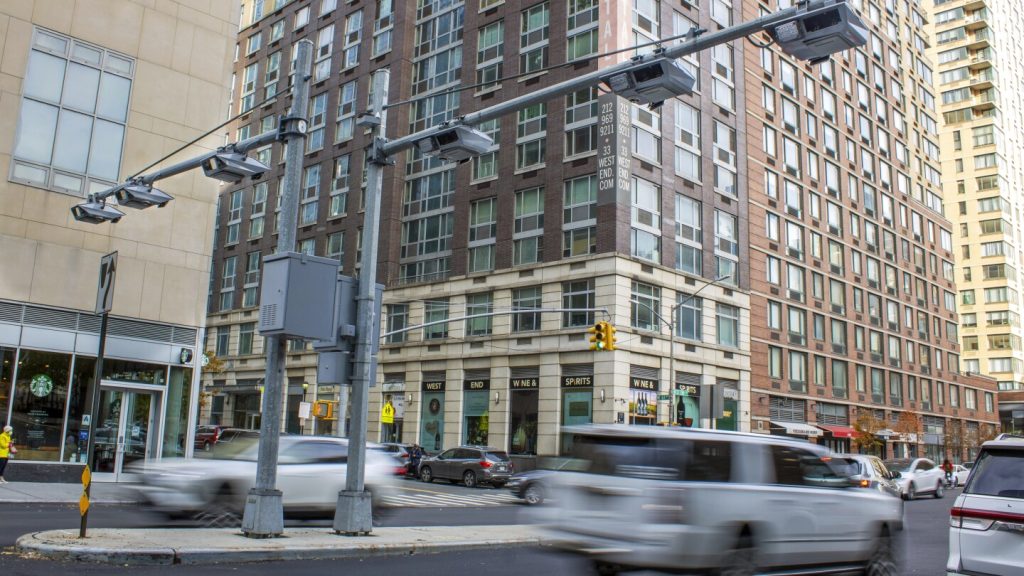The $15 toll for most drivers entering Manhattan’s central business district will begin on June 30, according to transit officials. The congestion pricing plan aims to raise $1 billion annually to fund public transportation for the city’s 4 million daily riders. Higher tolls will be charged to larger vehicles, while lower fees will apply for nighttime and motorcycle entries into the city. Metropolitan Transportation Authority CEO Janno Lieber emphasized that the majority of people already commute to the central business district via walking, biking, or mass transit, making New York a mass transit city that will further improve with this initiative.
Supporters of the congestion pricing plan argue that aside from generating revenue for buses and subways, it will also help reduce pollution by discouraging driving into Manhattan. Julie Tighe, president of the New York League of Conservation Voters, highlighted the importance of upgrading the mass transit system to benefit daily commuters and encourage more individuals to opt for public transportation over gas-guzzling cars. However, opponents claim that the fees will burden commuters who already pay bridge and tunnel tolls, as well as lead to an increase in prices for essential goods transported into the city by trucks.
The state of New Jersey has filed a lawsuit against the congestion pricing plan, which will be the first of its kind in the United States. Despite the legal challenge, Lieber expressed optimism about the resolution of the lawsuit. Congestion pricing is scheduled to start at 12:01 a.m. on June 30, with the late-night fee initially set at $3.75. The $15 toll will come into effect at 9 a.m., but low-income drivers can apply for a congestion toll discount on the MTA website, and exemptions are available for disabled individuals. This system aims to strike a balance between promoting sustainable transportation and alleviating financial burdens on certain groups of drivers in Manhattan.
As the countdown to the implementation of congestion pricing in New York City continues, discussions around its potential impact on commuting patterns, environmental sustainability, and economic considerations are ongoing. The June 30 start date marks a significant milestone for the city’s efforts to address congestion, raise revenue for public transportation, and reduce pollution from vehicular traffic. With support from environmental advocates and transit officials, the implementation of congestion pricing is seen as a crucial step towards a more sustainable and efficient transportation system in the bustling metropolis. Despite opposition and legal challenges, the plan is set to reshape the way drivers access Manhattan’s central business district and contribute to funding essential public transportation services for millions of daily riders.


